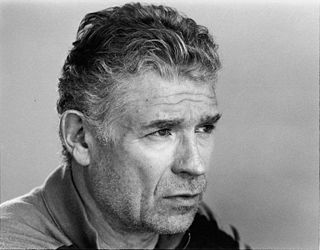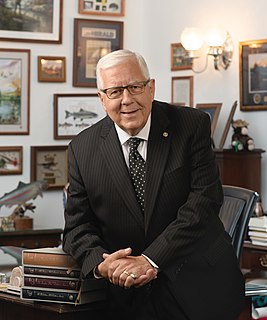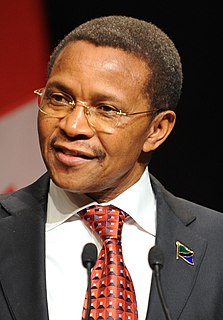A Quote by Torrey DeVitto
I bargain-shop all the time, but then I started learning about how those products are made and about how if you spend a little bit more money on ethical clothing that are using recycled materials - like, my favorite dresses are by Christy Dawn... the carbon footprint that they're leaving is so minimal, and it's really worth the extra money.
Related Quotes
Nothing changed in my life since I work all the time," Pamuk said then. "I've spent 30 years writing fiction. For the first 10 years I worried about money and no one asked me how much money I made. The second decade I spent money and no one was asking me about that. And I've spent the last 10 years with everyone expecting to hear how I spend the money, which I will not do.
I argue that in the long run, the US would be on a far more financially secure footing if we recalibrate how we spend about two-to-three percent of the country's GNP, using state and federal taxes to create pools of money for spending on America's poor - which would, as numerous economists have argued in recent years, create virtuous spending circles, since those on lower incomes spend more of each extra dollar in their possession than do those on higher incomes.
To walk in money through the night crowd, protected by money, lulled by money, dulled by money, the crowd itself a money, the breath money, no least single object anywhere that is not money. Money, money everywhere and still not enough! And then no money, or a little money, or less money, or more money but money always money. and if you have money, or you don't have money, it is the money that counts, and money makes money, but what makes money make money?
Money is one form of power. But what is more powerful is financial education. Money comes and goes, but if you have the education about how money works, you gain power over it and can begin building wealth. The reason positive thinking alone does not work is because most people went to school and never learned how money works, so they spend their lives working for money.
With money we really fool ourselves. We are our biggest enemies with money and there are some things we can do about it. Automatic deductions are a wonderful thing. But ideally, you should wait until the end of the month, you can see how much extra money you had, and you should put that in your savings account. We don't do that too well, and if we did that, we would never save. So, what we do, is we take money out of our pocket into the saving account at the beginning of the month, take it outside of our control and as a consequence, we spend less and we save more.
Interesting thing that is happening in American society is that people are starting to talk about money. I don't know how you feel about this, but for a long time, nobody was talking about money. It was a secret. And it's kind of very interesting because we do lots of stuff to portray to people about how much money we have, the clothes we wear and the cars we have and the house - they all kind of depict to other people, signal how much money we make, but we don't talk about it specifically.
If you want to spend more money in restaurants, use credit cards more than cash. If you want to spend less, use cash more than credit cards. But in general, we can think about how to use the pain of paying and how much of it do we want. And I think we have like a range. Credit cards have very little pain of paying, debit cards have a little bit more because you feel like today, at least it is coming out of your checking account, and cash has much more.
We design our own programmes; we take leadership. Of course the donors come in to support us, to complement our efforts. Our responsibility to the donors is about accountability: about how we use that money. If somebody gives you his money, definitely he will be interested in knowing how you spend the money.

































